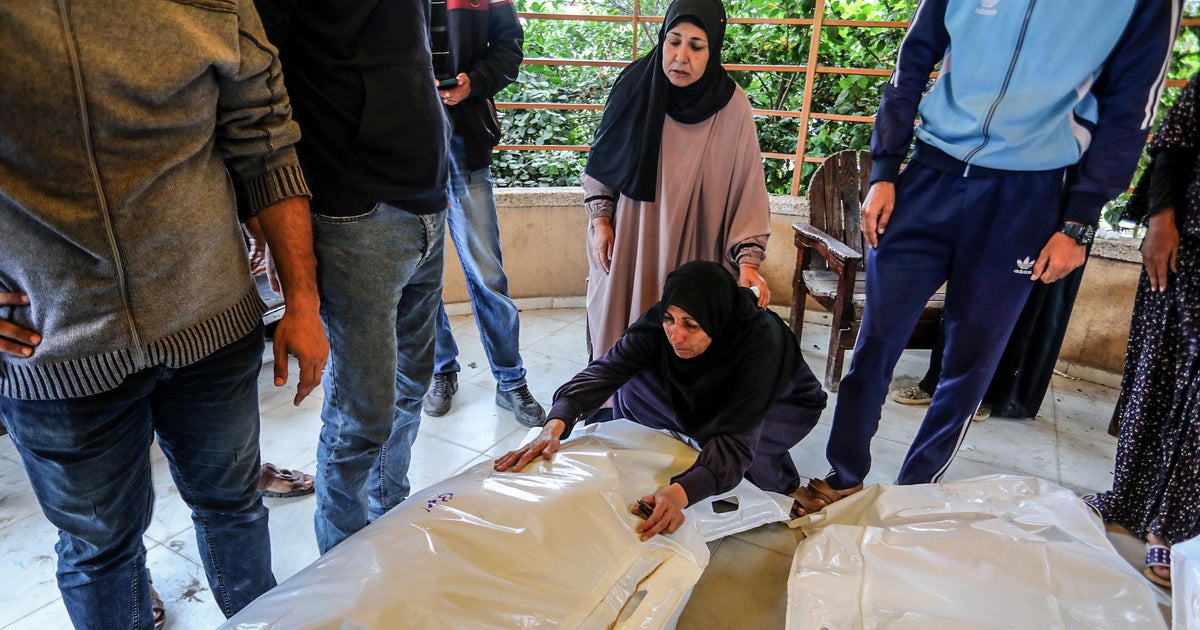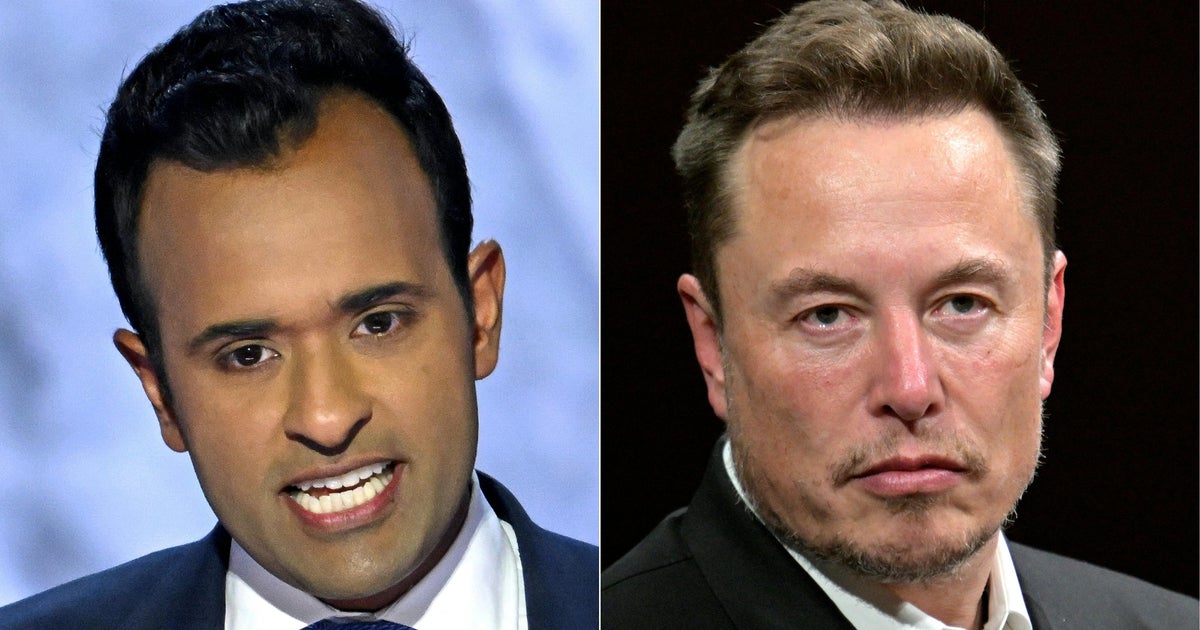Afghans cautiously optimistic after talks with a "more flexible" Taliban
Two days of talks between the warring parties in Afghanistan have ended on a positive note. Delegations from the Afghan government and the Taliban's political team managed to agree a rough outline for a path to a potential political end to 18 years of bloodshed.
The Trump administration's envoy to Afghanistan, Zalmay Khalilzad, said after the "intra-Afghan" talks in Qatar that he was hoping a final agreement could be reached by the beginning of September. Once that happens, the U.S. has said it can order the withdrawal of U.S. and NATO troops. Those forces have been in the country since the U.S.-led invasion to topple the Taliban regime after the Sept. 11 terror attacks.
Khalilzad was to begin an eighth round of direct peace talks with Taliban political leaders in Qatar this week. Those talks are separate and apart from the intra-Afghan dialogue; the Taliban has refused to hold direct negotiations thus far with the Afghan government, which it considers a puppet of Washington. The intra-Afghan talks have not been called negotiations, and while the agreements reached are non-binding, they have brought some hope for an eventual resolution to the grinding conflict.
The Taliban representatives at the intra-Afghan dialogue agreed to halt attacks on religious sites such as mosques and madrasas, schools, universities, hospitals, markets, residential areas and public places. The stated goal is to reduce civilian casualties to zero.
Taliban spokesman Suhail Shahen said on Monday that the intra-Afghan talks had brought the country closer to peace, and added that once a timeline for the withdrawal of foreign forces was announced, the Islamic extremists would be willing to enter direct negotiations with the Afghan government and discuss a broader ceasefire.
In response to a question about what rights women and journalists might have under any new government the Taliban endorsed in eventual talks with Kabul, Shahen said the group respected the rights of both groups, "as far as they are based on Islamic values."
Participation of high-ranking Afghan officials, including a senior advisor to Afghan President Ashraf Ghani, made the dialogue significant. Advisor Nader Nadery, along with a couple other senior members of the Ghani administration, officially participated in a personal capacity, but they were there with Ghani's blessing.
The Afghan government welcomed the talks, but with caveats.
"It could be a step in the right direction towards ending the senseless war," Ghani's spokesman Sediq Sediqi told CBS News. "We hope that the Afghans who are representing Afghanistan can share their ideas and positions… convincing the Taliban to end their war against the Afghan people. We will watch the progress and be looking for an outcome. All these efforts must lead to direct talks between the Afghan Government and the Taliban."
Nadir Naim, deputy head of the Afghan government's High Peace Council, who participated in the talks, called it "a very positive step in the peace process and confidence building with the Taliban's political office."
"We do see a change in the Taliban," he said, "in the sense that they seem more flexible and sincere in their approach towards an acceptable, eventual peace deal."
But Nadery, the senior Ghani advisor who participated in the dialogue, noted that the Taliban had "not positively responded" to calls for an immediate and complete ceasefire.
"They could not agree on denouncing and ousting foreign fighters and terrorists," he said, and the Islamic extremist group also "refused to recognize and respect Afghanistan's current international commitments, especially those commitments pertaining to women's rights."
He said he hoped those issues would be the subject of ongoing discussions with the Taliban, "in negotiations with the government, soon."
In a reminder of the tenuous -- and non-binding -- nature of the agreements reached in Doha, there was fresh bloodshed in the Taliban's heartland of Helmand Province, in southern Afghanistan on Tuesday.
Provincial spokesman Omar Zwak told CBS News that an explosion inside a private clinic on Tuesday afternoon left a doctor dead and two patients wounded. Zwak said an investigation was underway, and there was no immediate claim of responsibility for the blast.
But the Taliban is the only militant group active in Helmand.




